We plan to develop novel quantum computer hardware that can be scaled up and distributed, as well as promote social implementation using our unique nanofiber cavity QED technology. Further, we aim to realize a distributed fault-tolerant universal quantum computer with an enormous number of qubits, as well as quantum internet, by 2050.
The cavity quantum electrodynamics (QED) system is a hybrid quantum system of atoms and photons, and it has received significant research attention as a promising operating platform for quantum computers. In particular, arranging multiple atoms in the cavity while maintaining the strong coupling between individual atoms and the cavity and individually addressing the atoms functions as a multi-qubit quantum computer. Moreover, a distributed quantum computer can be constructed if multiple cavity QED systems are connected with low loss. These have been difficult to achieve with conventional cavity QED systems based on free-space optical cavities.
Herein, we are developing new quantum computer hardware that uses a nanofiber cavity QED system developed by our unique technology, which is unique and one of its kind, worldwide. The nanofiber cavity QED system involves the quantum mechanical interaction of photons that are confined in an optical fiber cavity (nanofiber cavity) with “nanofibers”, whose diameter is smaller than the wavelength of light at the center and the atoms that are arranged in a line near the surface of the nanofiber. The cavity can accommodate a large number of atoms while maintaining strong coupling between individual atoms and the cavity, and these atoms can be addressed individually. Furthermore, multiple cavity QED systems can be connected with low loss. These features are expected to enable scaling up and distribution.
researchers
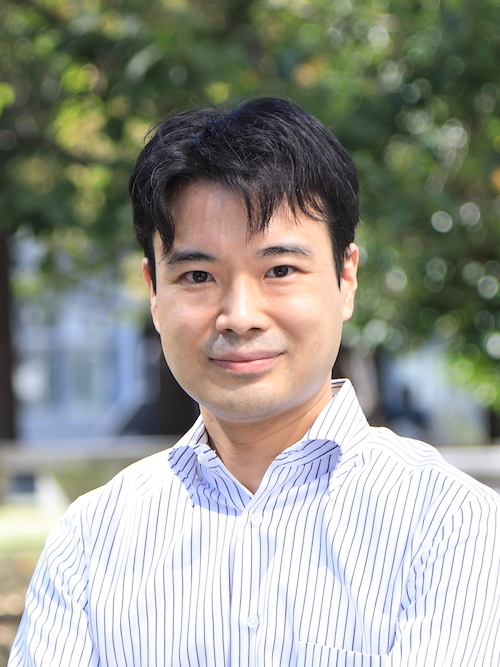
1: Proof-of-principal of nanofiber cavity QED hardware / 4: Scaling-up and distribution
Takao Aoki
Waseda University
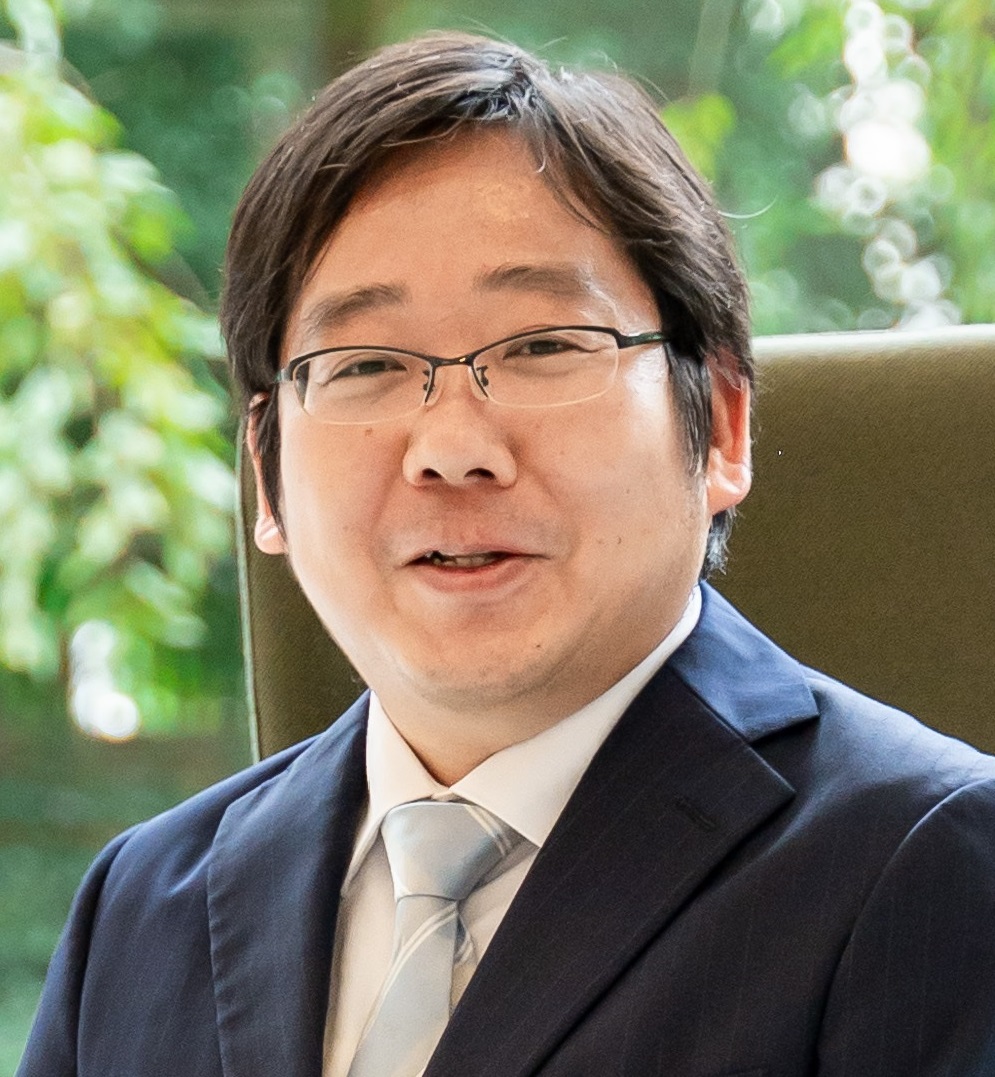
2: Quantum error correction theory applicable to nanofiber cavity QED
Yuuki Tokunaga
NTT corporation
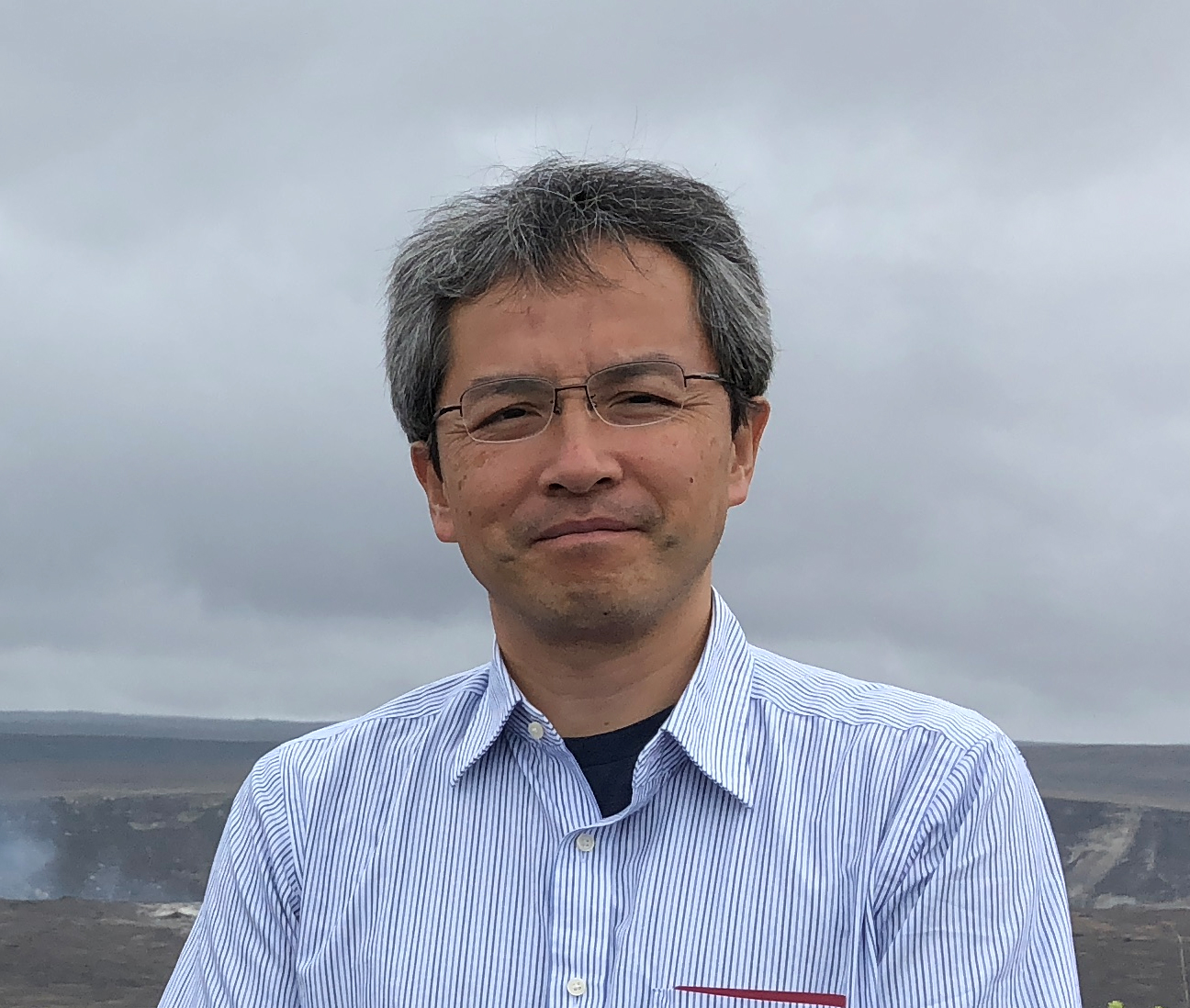
3: Frequency-stabilized light source system
Hajime Inaba
National Institute of Advanced Industrial Science and Technology (AIST)
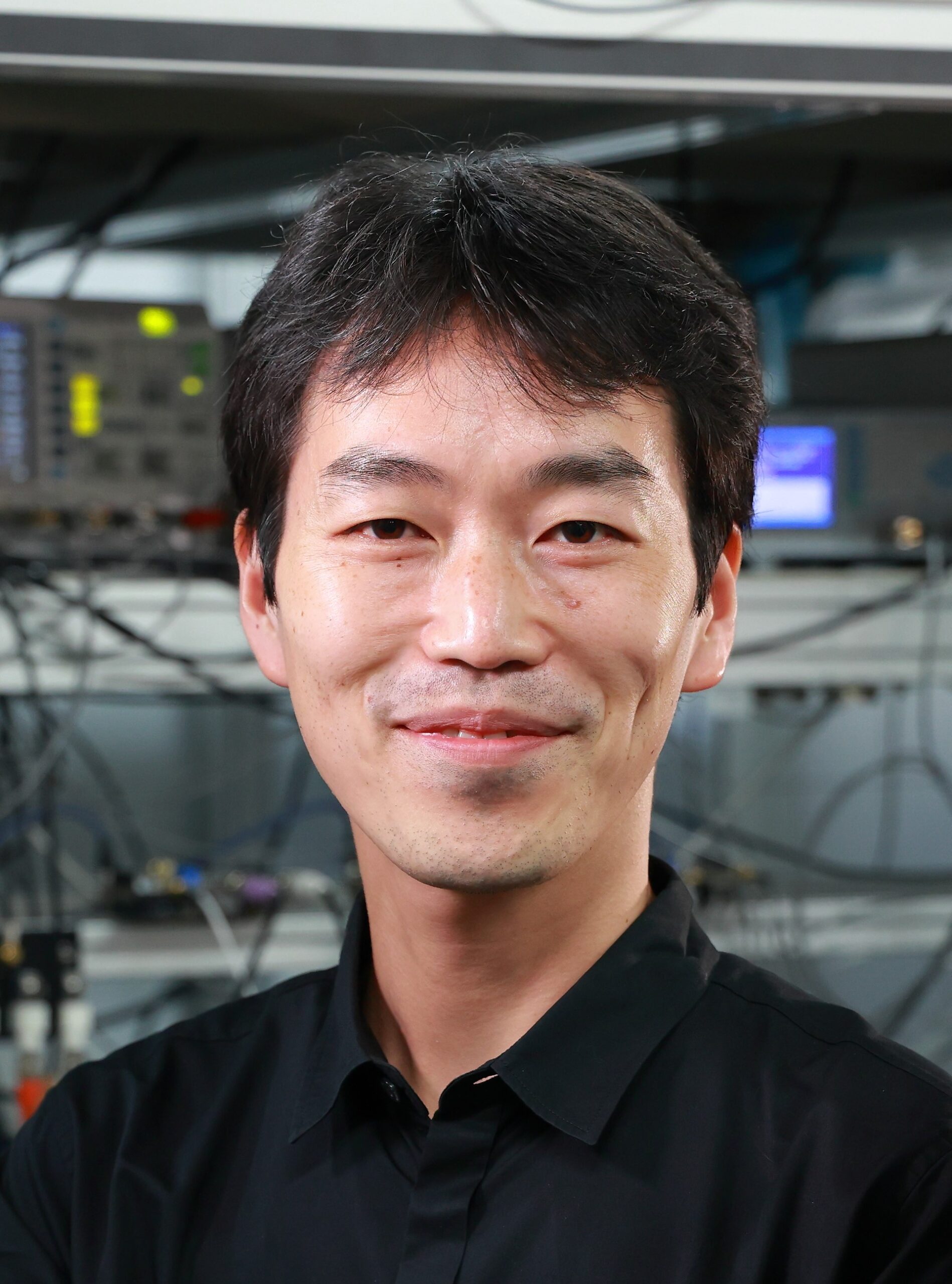
5: Social implementation
Akihisa Goban
Nanofiber Quantum Technologies
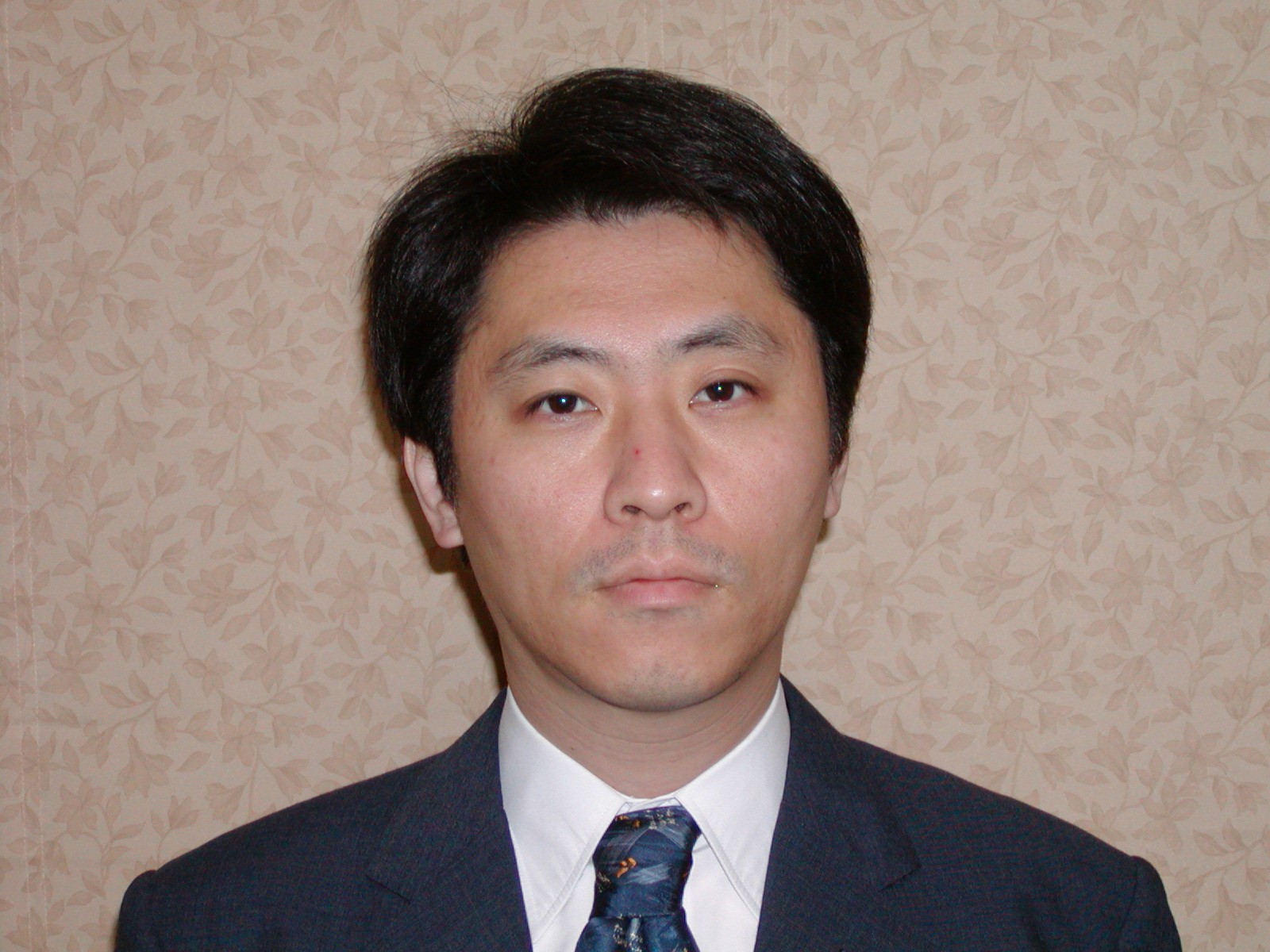
6: Large-scale ytterbium atomic system technology
Yoshiro Takahashi
Kyoto University

7: Development of next-generation cavities
Takao Aoki
Institute of Physical and Chemical Research (RIKEN)